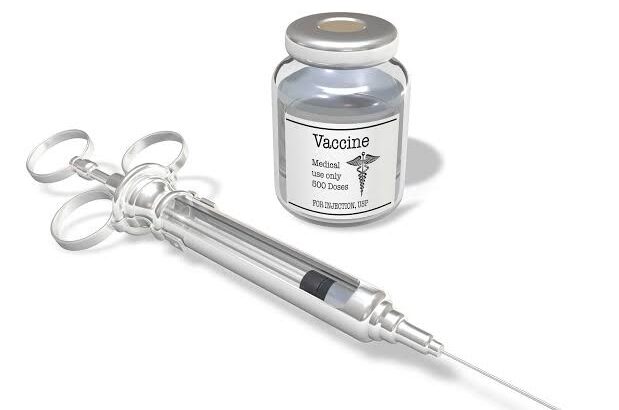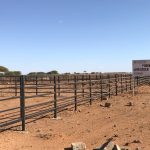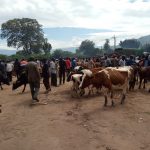Preamble
Rift Valley Fever (RVF) is a viral zoonotic disease that is transmitted by mosquitoes and can cause severe symptoms in animals and humans. The disease can result in death and abortion in RVF-infected livestock. This epizootic disease in animals, which spills over to the human population (zoonotic), tends to develop rapidly following abnormally high seasonal rainfall. RVF outbreaks occurred in Kenya, Somalia, Tanzania in 2007 and Sudan in 2008 and 2010. Sporadic outbreaks occurred in northern Kenya in 2018 and in Sudan and Uganda in 2019. RVF outbreaks have had devastating effects on local, regional and international trade of livestock and livestock products. In the last outbreak, Somalia alone suffered an economic loss estimated at 435 Million USD as a result of two bans. The bans imposed by Middle East trading partners Kingdom of Saudi Arabia (KSA), United Arab Emirates and Oman, affected all countries in the region irrespective of whether they had an RVF outbreak at the time or not.
Update
On 17 May 2020, IGAD/ICPALD and FAO (ECTAD) released an RVF alert pointing out the high risk areas and gave recommendations. The alert was sent to IGAD and EAC Member States and key stakeholders and partners. The purpose of this update is to acknowledge the RVF preparedness steps taken by Member States, stakeholders and partners. Communication and follow up made by ICPALD with the Chief Veterinary Officers (CVOs) of high risk MS, Kenya, Ethiopia, Somalia, South Sudan, Sudan and Uganda indicated that so far no cases of RVF outbreak have been reported from any of the hot spots. However, CVOs in Member States have activated their national RVF contingency plans in collaboration with Ministries of Health (MOH). Currently the CVOs and MOHs of IGAD Member States are undertaking active surveillance and are receiving regular reports from the focal persons/reporters from the hot spots, including reports on the rainfall/flood situation. South Sudan is working with partners to equip the existing laboratory with RVF kits and reagents, to enable the laboratory in Juba undertake confirmatory diagnosis after initial screening in the field. On her part, Sudan is ready to start vaccination for RVF, in line with provisions of the OIE terrestrial animal health code and conditions imposed by the importing countries. The CVO Kenya has alerted county veterinarians in all hotspots and pre-positioned vaccines, funds and logistical support to rapidly deploy teams in cases of outbreaks.






